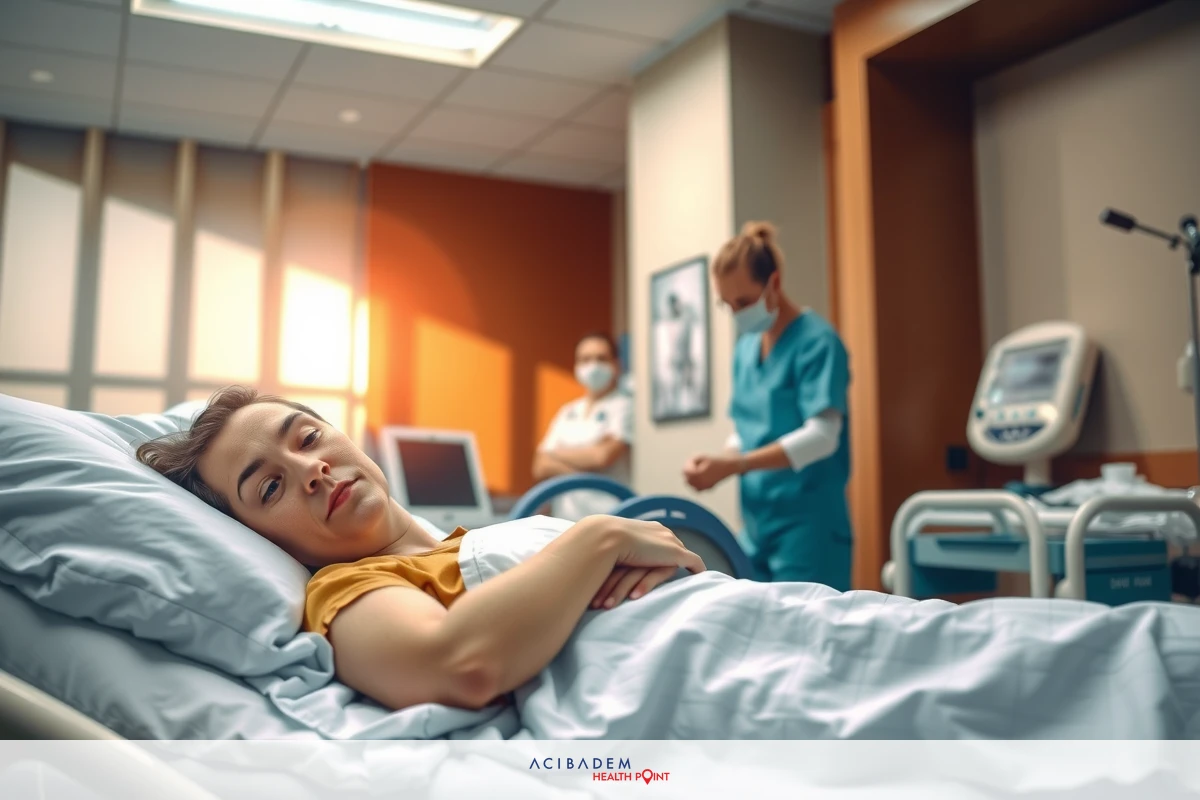Are You Put to Sleep for Knee Arthroscopy?
Are You Put to Sleep for Knee Arthroscopy? When you face knee problems surgery might be a path to relief. Knee arthroscopy is one such option and many people wonder if sleep during the process is part of the deal. It’s natural to feel uncertain about what happens in a medical setting. This text sheds light on whether you’ll snooze through your knee fix-up.
Doctors have several ways to keep you comfy while they work on your knee. They choose based on what suits you best and the task at hand. Knowing these options can ease your mind before the big day arrives. Let’s get into what kind of sleep, if any, comes with this procedure.
Think of this as a simple guide that answers key questions about being asleep for knee arthroscopy. We’re here to clear up doubts and give facts straight up so there’s less worry when it’s time for action. Calm nerves often make both prep and recovery smoother so read on!
Types of Anesthesia
When you go for knee arthroscopy the type of anesthesia is key. There are three main types that doctors might use: local, regional, or general. Each one has its own way of making sure you don’t feel pain during surgery. The choice depends on your health and what will happen in the procedure.
Local anesthesia numbs just your knee area. You stay awake but won’t feel anything where they work on you. It’s a simple method often used for quick and less complex stuff. Your doctor can tell if this is right for your case.
Regional anesthesia goes further than local but does not make you sleep fully. It blocks feeling to a larger part of your body—like from the waist down. This lets you be awake without any sense of pain in all legs or feet.
General anesthesia is used when full sleep is best for the surgery success. With this kind you’re out through it all and wake up after done with no memory of the process at hand. This option is chosen based on several things like how long and hard the surgery will be.
Local Anesthesia
Local anesthesia is quite straightforward in its use during knee arthroscopy. The doctor injects the medicine directly into the tissue around your knee. This numbs just the area that needs work leaving you awake and aware. The process is quick; it takes only a few minutes for the area to become numb.With local anesthesia you won’t feel any pain where they perform surgery on your knee. It’s a safe choice with fewer risks than when you’re put fully to sleep. You can talk to your doctor while it happens if need be and this can make some folks feel at ease knowing what’s going on.
Recovery from local anesthesia is often faster compared to other types. There’s no grogginess or time needed to wake up since you weren’t asleep at all. Many people like that they can get back on their feet soon after their procedure without waiting hours or more.
The benefits of using local anesthesia include less time spent in the hospital and often lower costs too since there are fewer meds used overall. You also avoid some side effects that come with deeper forms of putting patients under for surgery tasks like these.

Regional Anesthesia
Regional anesthesia, in the context of knee arthroscopy, offers pain relief to a larger area than local does. It’s like taking a step up when numbing is needed beyond just the knee spot. For this type you might get an injection near your spine that stops you from feeling anything below the waist.
One big plus with regional anesthesia is not feeling any surgery work while still being awake. You can chat with doctors or rest as you prefer during the procedure. Many people pick this because they fear being put fully asleep but don’t want to feel pain either.
Recovering from regional anesthesia means no groggy head or waiting long hours to wake up fully. Since it covers more body parts than local it’s right for longer or more involved kinds of knee jobs. Afterward your legs may stay numb a bit longer as it wears off slowly over time.
Are You Put to Sleep for Knee Arthroscopy?: General Anesthesia
General anesthesia is a complete sleep state induced for knee arthroscopy. It’s used when the surgery is complex or might take a long time. You breathe in gas or get an IV drug and then you drift off before the procedure starts. This ensures you are unaware of the surgery and do not feel any pain.
With general anesthesia, your whole body sleeps, including your brain. A doctor who specializes in this area watches over you to keep you safe while asleep. They check your heart rate, breathing, blood pressure, and other vital signs closely.
The advantage of using general anesthesia includes absolute comfort during surgery. You wake up after it’s finished with no memory of what happened during the operation. For many patients facing major work on their knees this peace of mind is worth choosing to be put under fully.
After coming out from general anesthesia some people may feel tired or have side effects like nausea. Nurses will watch over you as these wear off and until they know it’s okay for you to go home or move to another room if staying at the hospital longer.
Choosing general anesthesia means trusting your medical team deeply since it involves more than other types of sleep aids for surgeries like knee arthroscopy. Talk with them about why they think it’s right for your case so that together a plan can be made that feels good for all involved before going into the operating room.
Are You Put to Sleep for Knee Arthroscopy?: Recovery and Aftercare
After knee arthroscopy recovery starts right away. The goal is to get you back on your feet safely and smoothly. First things first you’ll rest in a recovery room where nurses watch your progress. They’ll check that the anesthesia wears off as it should and manage any discomfort.
Pain management is vital post-surgery to keep you comfortable. You may get pain meds either by mouth or through an IV at first. As time goes on the medical team will guide you on how to take care of pain at home with less strong meds.
Taking care of the surgery site is also key for good healing. Keep it clean and dry; follow instructions from your doctor about when you can shower or change bandages yourself at home. If there are stitches that need removing they’ll let you know when and where this will happen.
You might be told to move a little even during early recovery to help blood flow well in your legs. Light exercises could be part of what helps your knee heal best after surgery work like this has been done on it.
Finally follow-up visits with your doctor are part of making sure everything goes right post-knee arthroscopy. They can catch any issues early and make sure all is going according to plan with your comeback from surgery so that soon enough life gets back to normal for you once more after this health hurdle has been tackled successfully together!
Frequently Asked Questions
Will I feel any pain during knee arthroscopy?
With the right anesthesia you should not feel pain during the procedure. Your doctor will choose the best type to keep you comfortable.
How long does it take to recover from knee arthroscopy?
Recovery time varies by person but generally includes several weeks of rehab exercises and follow-up visits with your doctor for optimal healing.
Can I walk immediately after knee arthroscopy?
It depends on your specific surgery and overall health. Often, patients need crutches or a brace at first, with gradual return to full activity as guided by their medical team.
The answers provided here are for informational purposes only and do not constitute medical advice. Always consult directly with your healthcare provider for questions about your health and treatments that may be best for you.
Are You Put to Sleep for Knee Arthroscopy?








